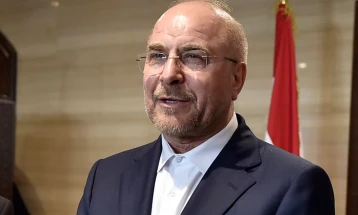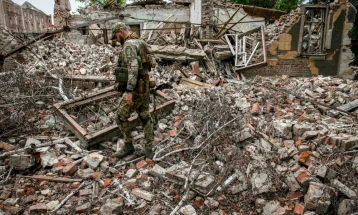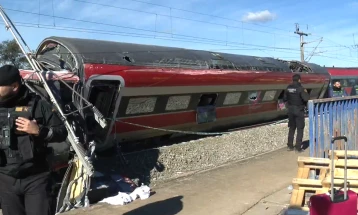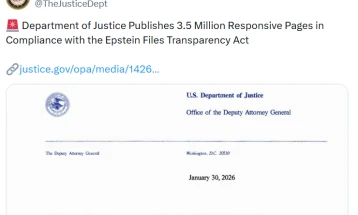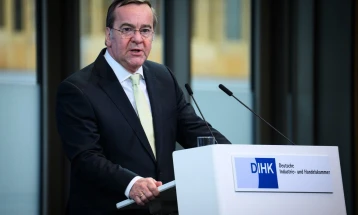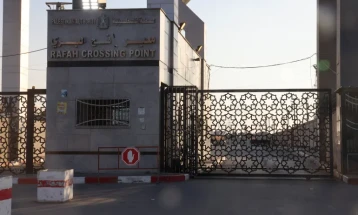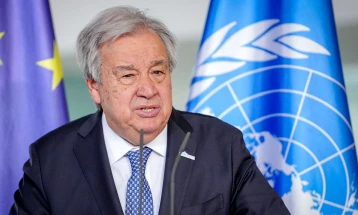Ukraine conference lays out 'transparent' reconstruction principles
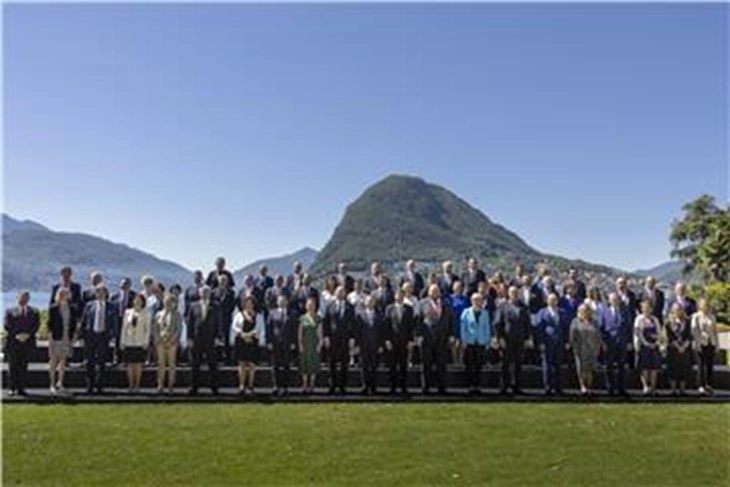
Geneva, 5 July 2022 (dpa/MIA) - Ukraine and international partners agreed on Tuesday to seven principles for the reconstruction of the war-torn country, wrapping up a two-day conference in Lugano, Switzerland.
"This is the start of a long process," Swiss President Ignazio Cassis told the roughly 1,000 conference participants.
The declaration provides a commitment to a democratic process involving all parts of society. Aims include transforming Ukraine into a green society free of carbon dioxide, switching to a digital administration and eliminating nepotism and personal enrichment in reconstruction projects.
"The recovery process has to be transparent," the declaration says. "The rule of law must be systematically strengthened and corruption eradicated."
Ukraine was recently ranked 122 out of 180 countries in Transparency International's corruption index.
On Monday, the Ukrainian government presented its first comprehensive reconstruction plan, with Prime Minister Denys Shmyhal putting the cost of rebuilding the country at $750 billion.
"This is not a project for one year or two," German Development Minister Svenja Schulze told dpa. "We need the whole world in this," she added, while noting that it also presented economic opportunities for an export-driven country like Germany.
Following Britain next year, Germany will host the reconstruction conference in 2024, Schulze announced on Tuesday.
The talks in Switzerland took place against the backdrop of renewed Russian efforts to seize full control of Ukraine's eastern Donbass region, after its forces captured the key city of Lysychansk on Sunday.
With Luhansk now under Russian occupation, efforts now appear to be focusing on the neighbouring Donetsk province, where Ukraine's army claimed on Monday to have repelled several Russian advances.
The county's military general staff said Russian units north of Sloviansk had been pushed back. The power station at Vuhlehirsk was also still being disputed, but a Russian attack south of there near Novoluhanske was repelled.
Russian attacks on the border with the occupied Luhansk region near Bilohorivka and Verkhnyokamyanske were also unsuccessful, Ukraine's military said.
A little further south, however, Russian units at Spirne had advanced further towards the town of Siversk with massive artillery support and air force deployment.
In addition, the Ukrainian general staff reported intensive artillery fire along much of the front in the Kharkiv, Donetsk, Zaporizhzhya, Kherson and Mykolaiv regions. There were also several airstrikes, some involving helicopters.
Across the border in Russia, the governors of Bryansk and Kursk region once again accused Ukrainian forces of shelling their territory. No injuries were reported, however.
The Ukrainian side does not usually comment on these accusations.
A former pro-Russian separatist leader, Igor Girkin, criticized the Kremlin of being too hesitant in its warfare, warning of defeat in a post on his Telegram channel.
He drew an unflattering comparison between Russian President Vladimir Putin and French emperor Napoleon Bonaparte, who had been forced to retreat following the conquest of Moscow after waiting in vain for Russia to capitulate.
Meanwhile, Ukraine's Defence Ministry banned men of conscription age from leaving their home town.
Men aged between 18 and 60 now need permission from their local military enlistment office to leave the district where they are registered, with controls taking place on district borders and city boundaries.
A Facebook post by the general staff drew hundreds of angry comments. The Defence Ministry was accused of "idiocy," while some said it would encourage corruption at military enlistment offices. Others feared more economic chaos because train, bus and lorry drivers would drop out of the workforce.
Many Ukrainians don't live in their place of registration, or else fled to other parts of the country in the wake of Russia's February 24 invasion.

